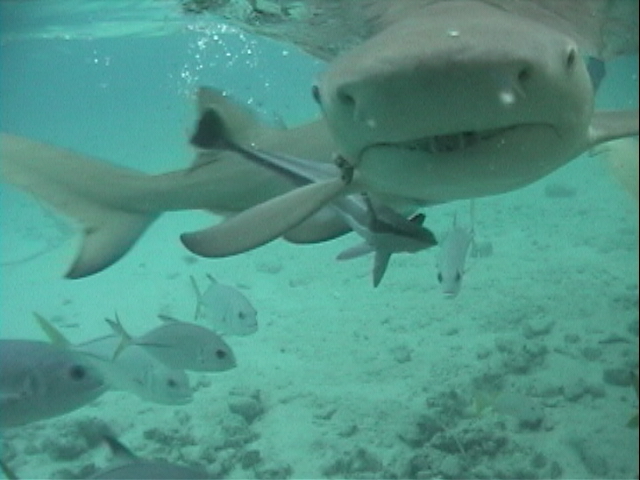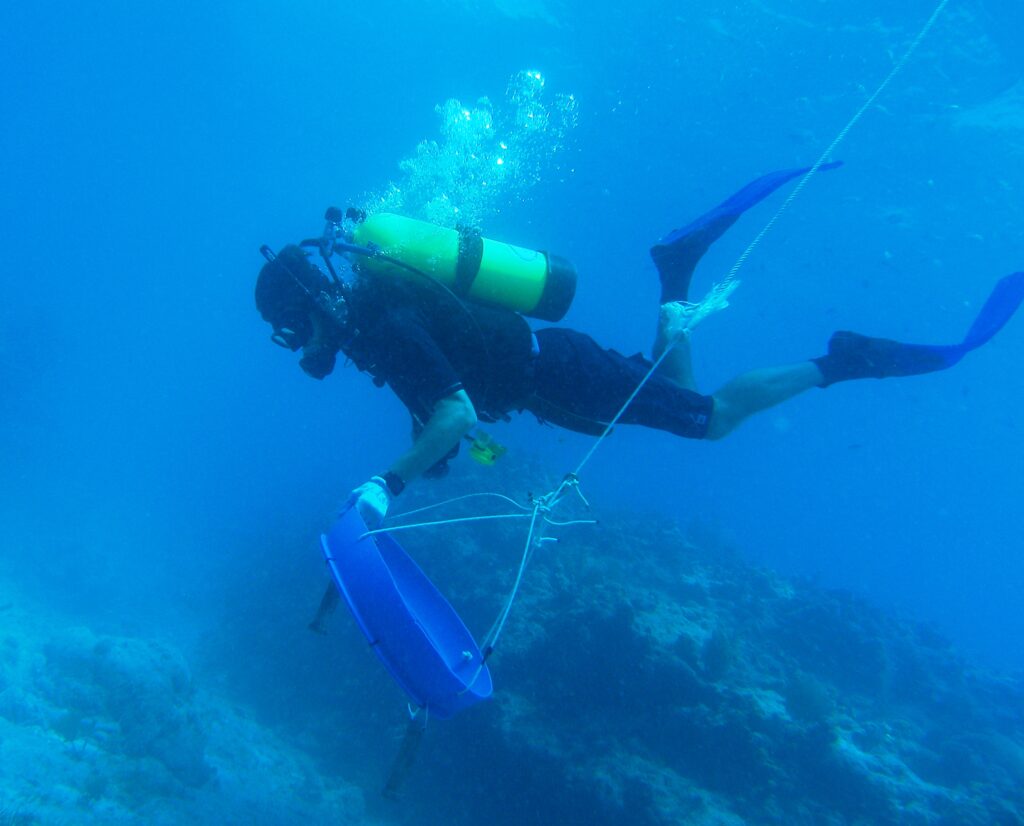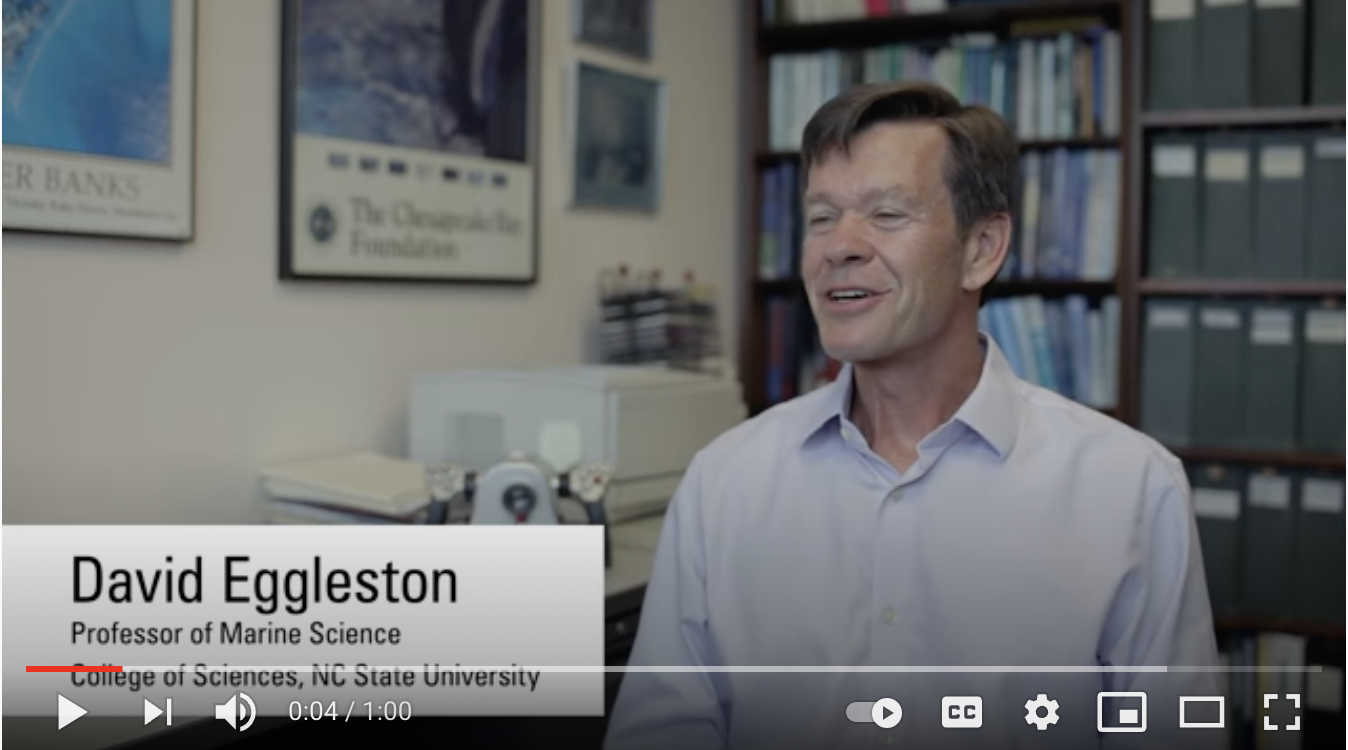Eggleston Lab
Marine Ecology and Conservation

Our program emphasizes testing and refining general ecological theory and concepts in marine systems with the goal that answers will:
- make important contributions to our understanding of ecological patterns and processes in marine ecosystems, and
- be applied to sustainable management of natural resources and coastal communities. Examples of ecological theory and concepts tested include:
- functional response framework for predicting predator-prey dynamics
- optimization theory for predicting animal movement
- metapopulation dynamics to assess population source/sink habitats
- landscape ecological concepts to conserve and restore habitat, and
- biocomplexity theory to understand resilient systems.

We use a combination of field observations, field and laboratory experiments, computer simulation modeling, and geochemical tracer and molecular tools to test assumptions and develop a mechanistic understanding of animal behavior, population connectivity and ecosystem dynamics.
Study systems range from tropical to temperate, and shallow estuarine to deep-sea. Study species range from marine and freshwater fish to macro-invertebrates, especially crabs, lobster and bivalves.
Research spans the disciplines of biology, ecology, physics, economics, mathematics, statistics, and chemistry. Graduates become future leaders in academia, research and management.
